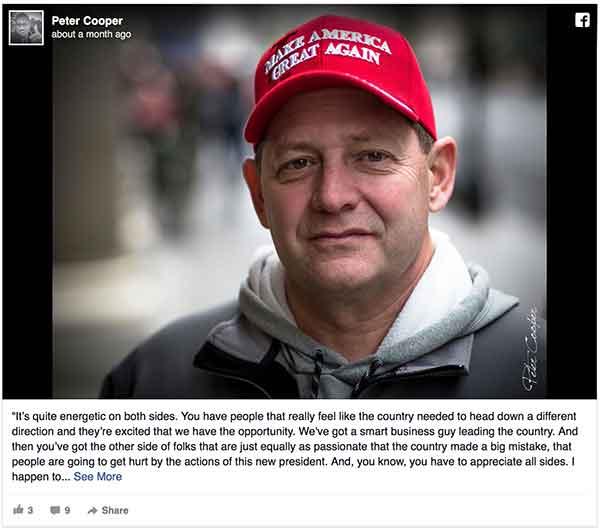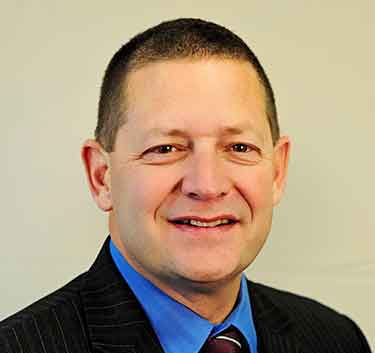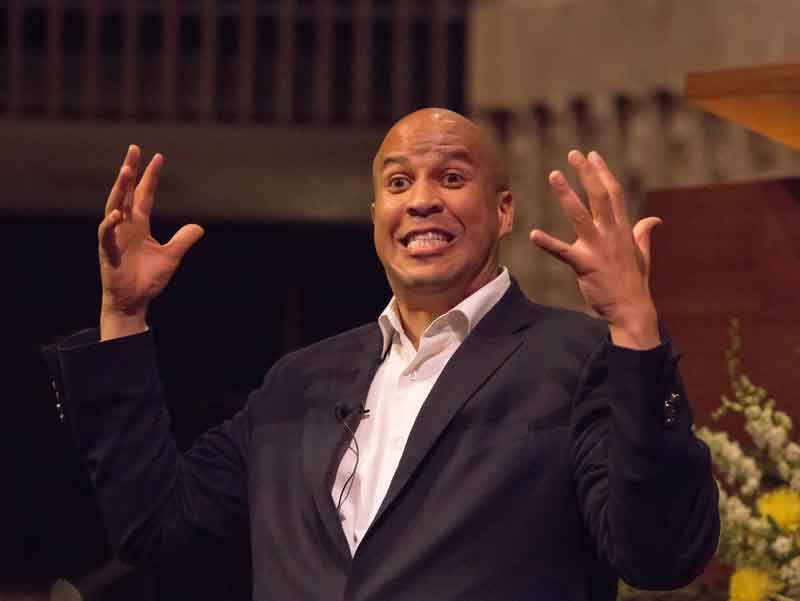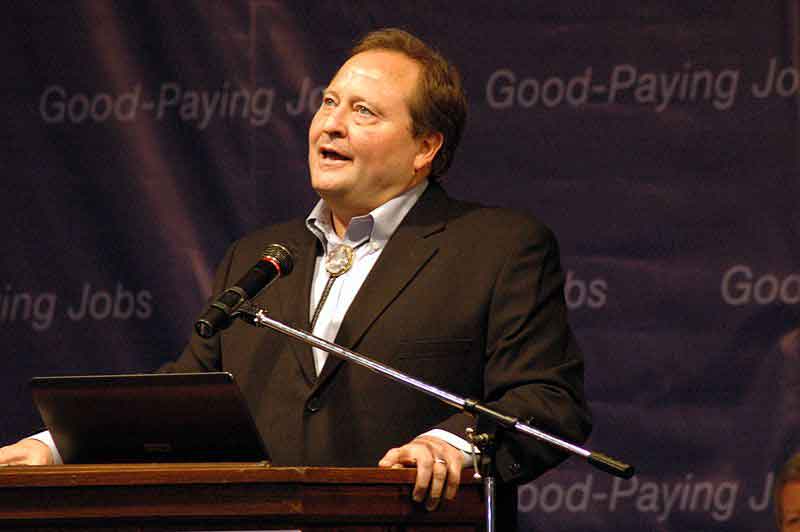Holy sh*t. What else can really be said about the stunning news of Republican Congressional candidate Greg Gianforte allegedly body-slamming a reporter, the Guardian’s Ben Jacobs, today in Bozeman? The audio, which you can listen to here, doesn’t sound good for Gianforte. After an hour or so, Gianforte’s press secretary, Shane Scanlon, offered the following statement: “Tonight, as…
Category: U.S. House Special Election
Rob Quist Signs Popping Up On GFPS Owned Properties
Two weeks from today, Montana voters will choose a new Congressional representative. From the looks of things here in River City, our local school district — that’s right, Great Falls Public Schools — is putting its fingers on the scale for Democrat Rob Quist. In clear violations of the law, someone has placed Quist’s campaign…
On Breitbart: Quist Urges Climate Change Deniers To Kill Themselves
Montana’s special election to replace Ryan Zinke has made national headlines, including this amusing piece from Breitbart yesterday. Enjoy the juxtaposition; on one hand, the analytical, nuts-and-bolts Greg Gianforte, and on the other, well, Rob Quist: The Republican nominee answered a question about climate change and the Clean Power Plan saying, “Everyone believes that the climate is changing.”…
Nativism Alive And Well On The Great Falls City Commission
Great Falls City Commissioner Tracy Houck, a partisan Democrat from Pennyslvania, wrote an amusing letter-to-the-editor, slamming Republican Greg Gianforte for allegedly not representing “Montanan” values. Supporting Rob Quist, Houck writes in today’s Tribune: We have seen him understand our values, our needs and our experiences and turn them into song. While one’s ability to fashion values into…
Buttrey Picking Up Momentum Ahead Of GOP Nomination
But will it be enough to win? According to an AP report, former gubernatorial candidate Greg Gianforte claimed to hold a de facto lock on the Republican nomination for the U.S. House, a point quickly disputed by Sen. Ed Buttrey: Buttrey, a moderate Republican state senator from Great Falls, said that may have been the case a…
An Angry Reader Blasts Us For Supporting Ed Buttrey
We received an email recently from “Carl” in Bozeman, who did not take kindly to our, in his words, “juvenile hit piece on Greg Gianforte.” Carl writes: You people are pathetic. I heard there was a new conservative blog in MT (desperately needed!!) only to see your juvenile hit piece on Greg Gianforte–who unlike Democrat Ed Buttrey-is actually…
Elevated Comment From The Trib Online
In today’s “The Edge,” the Tribune’s editorial board took issue with Republican Rep. Jeff Essmann’s opposition to a mail-in ballot for Montana’s U.S. House special election. The Tribune raises a legitimate point, one we agree with: Shouldn’t we want the most people, regardless of party, voting? Commenter and occasional contributor to this blog, Rick Tryon,…
Hypocrisy In Action: Montana Democrats Welcome Sen. Cory Booker From…New Jersey!
There’s comedy, there’s high comedy, and then there’s the Montana Democratic Party. The Bozeman Daily Chronicle’s Troy Carter has a story up that Montana Democrats hope will quietly just… go away. Of course, they have no one to blame but themselves: Montana Democrats have announced that they’re bringing in a New Jersey politician for their keynote…
Why Republicans Should Say, “Thanks, But No Thanks,” To Greg Gianforte
After waging the only unsuccessful state-wide campaign among Montana Republicans, former gubernatorial candidate Greg Gianforte seems to have the inside track on his party’s nomination for the upcoming special election for the U.S. House. After weeks of contrived “Will he or won’t be?” speculation (was there ever any doubt?), Gianforte is now officially in the mix. With all due…
Schweitzer Out Of U.S. House Race, Endorses…Quist!
Earlier, we wrote about legislative candidates vying to fill Ryan Zinke’s soon-to-be vacated U.S. House seat. While the eventual winner may indeed come from the Legislature, maneuvering from outside the Capitol chambers has brought far more intrigue, especially recently. Former Gov. Brian Schweitzer all but took himself out of the running, endorsing political newcomer Rob Quist yesterday. From Troy…










